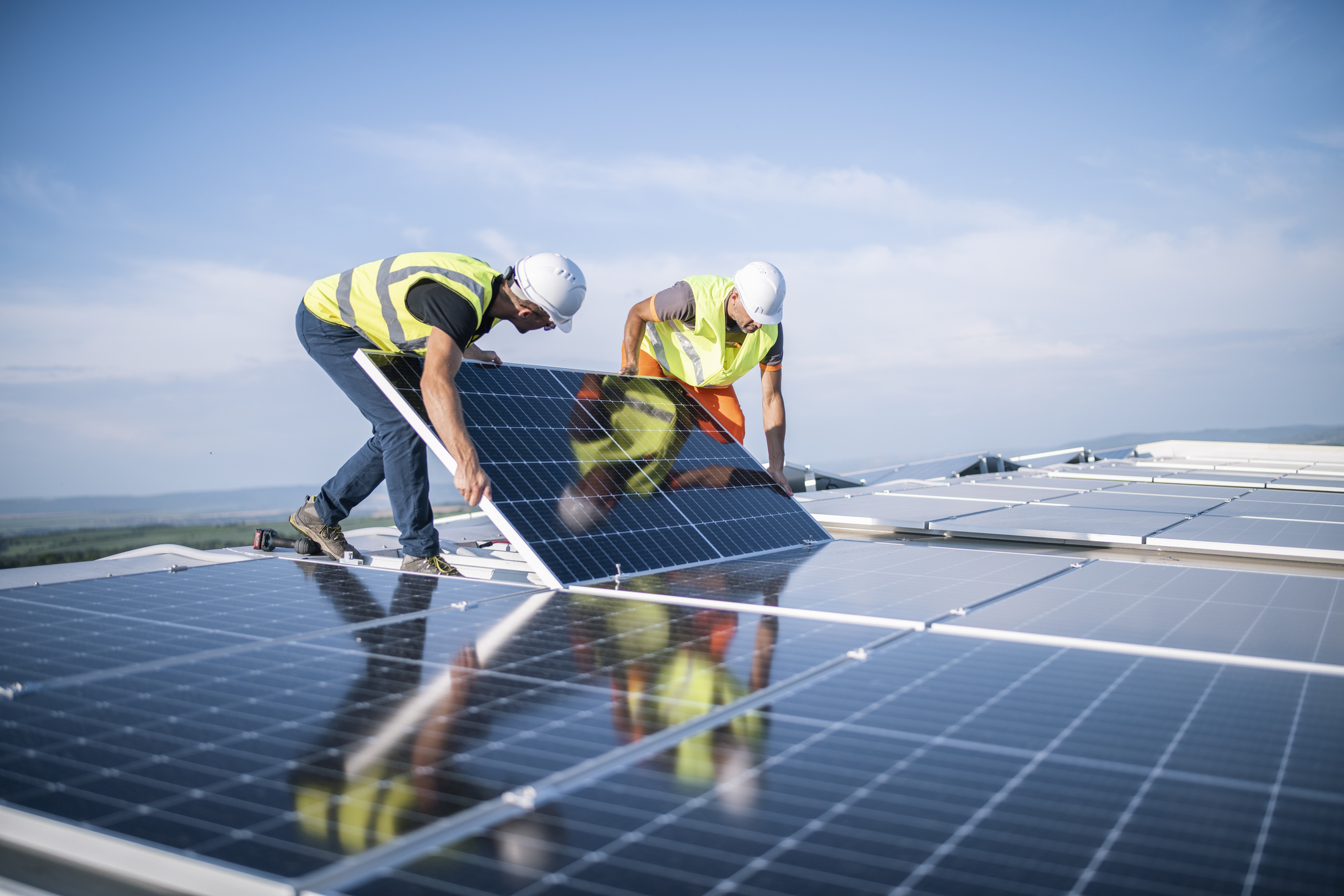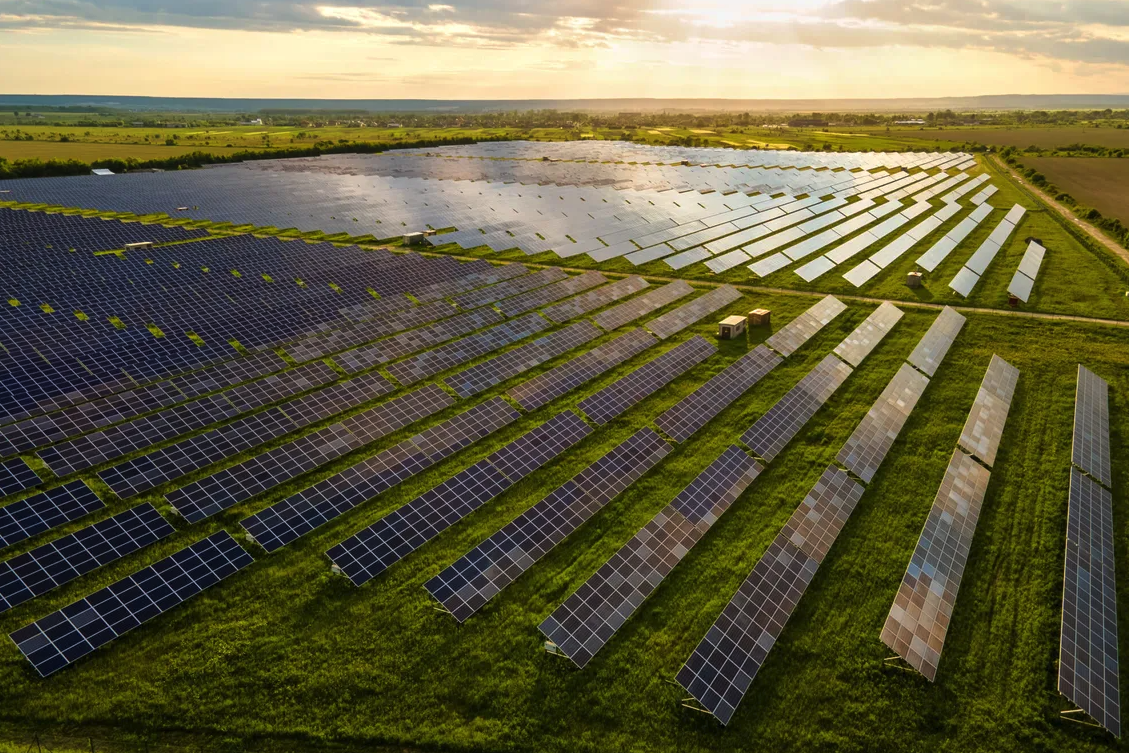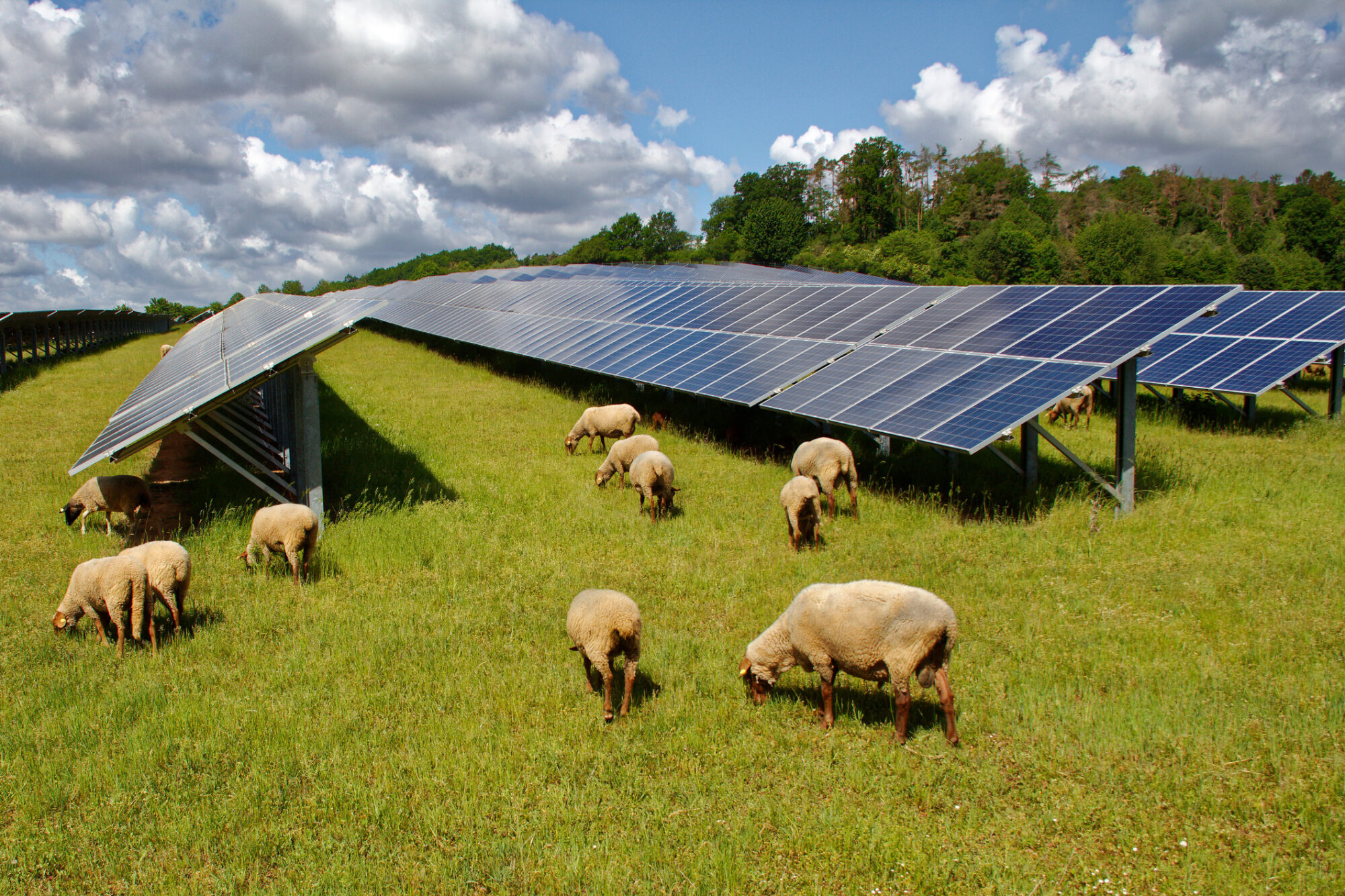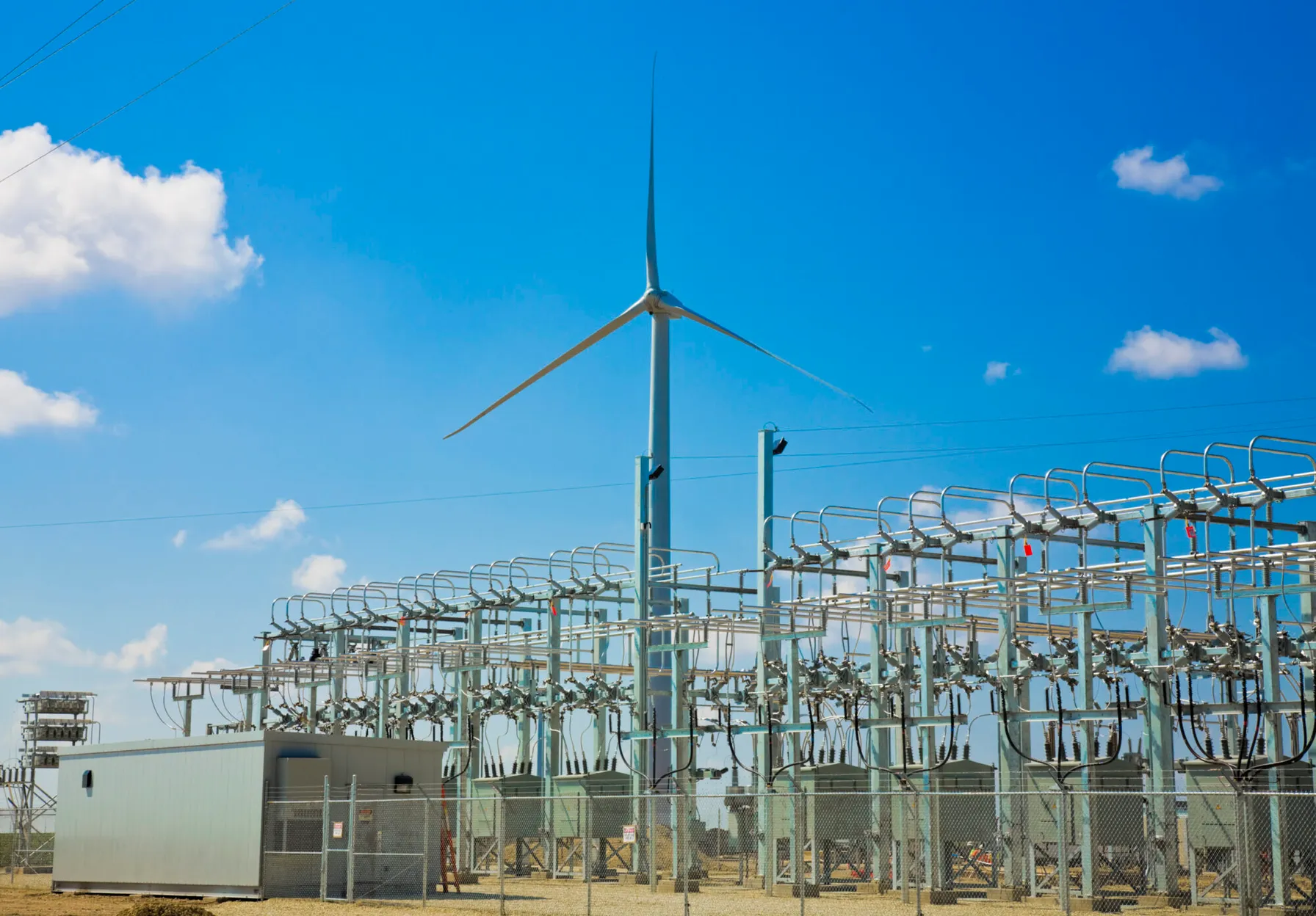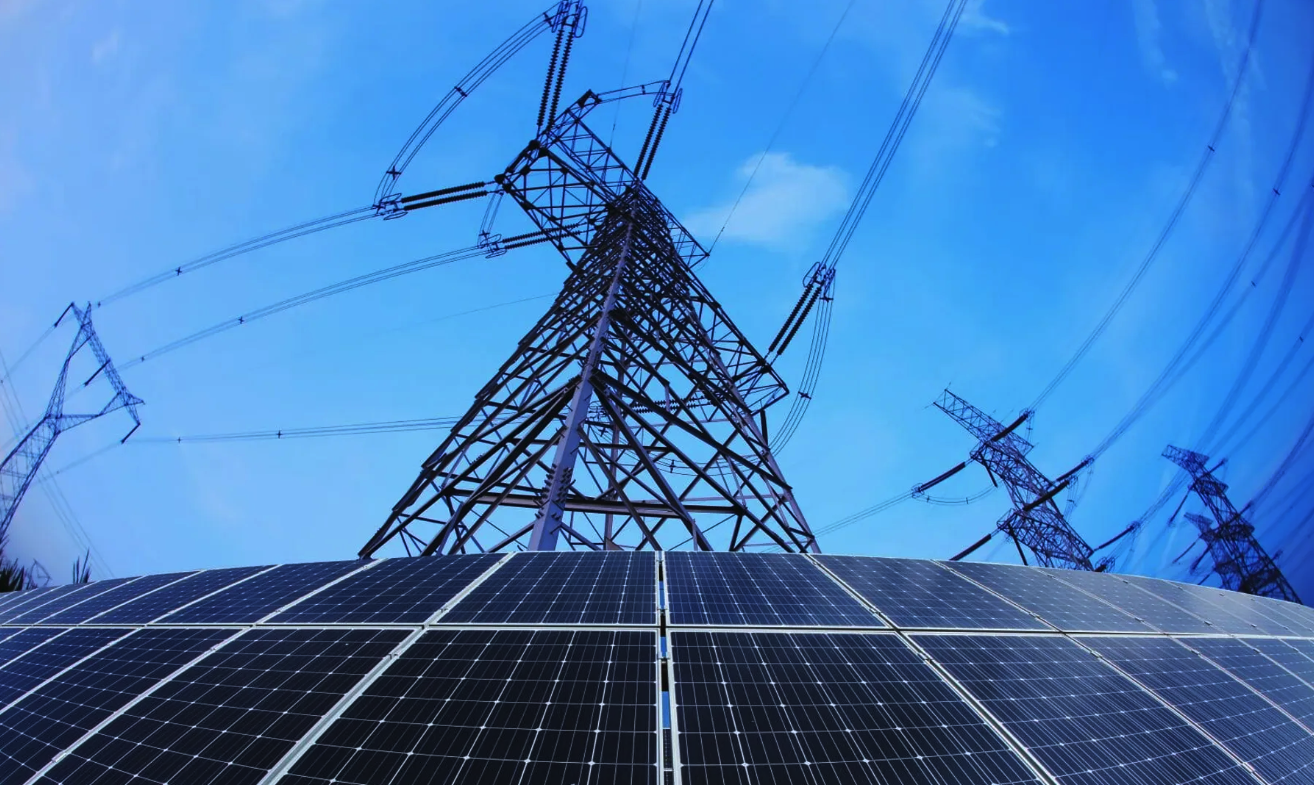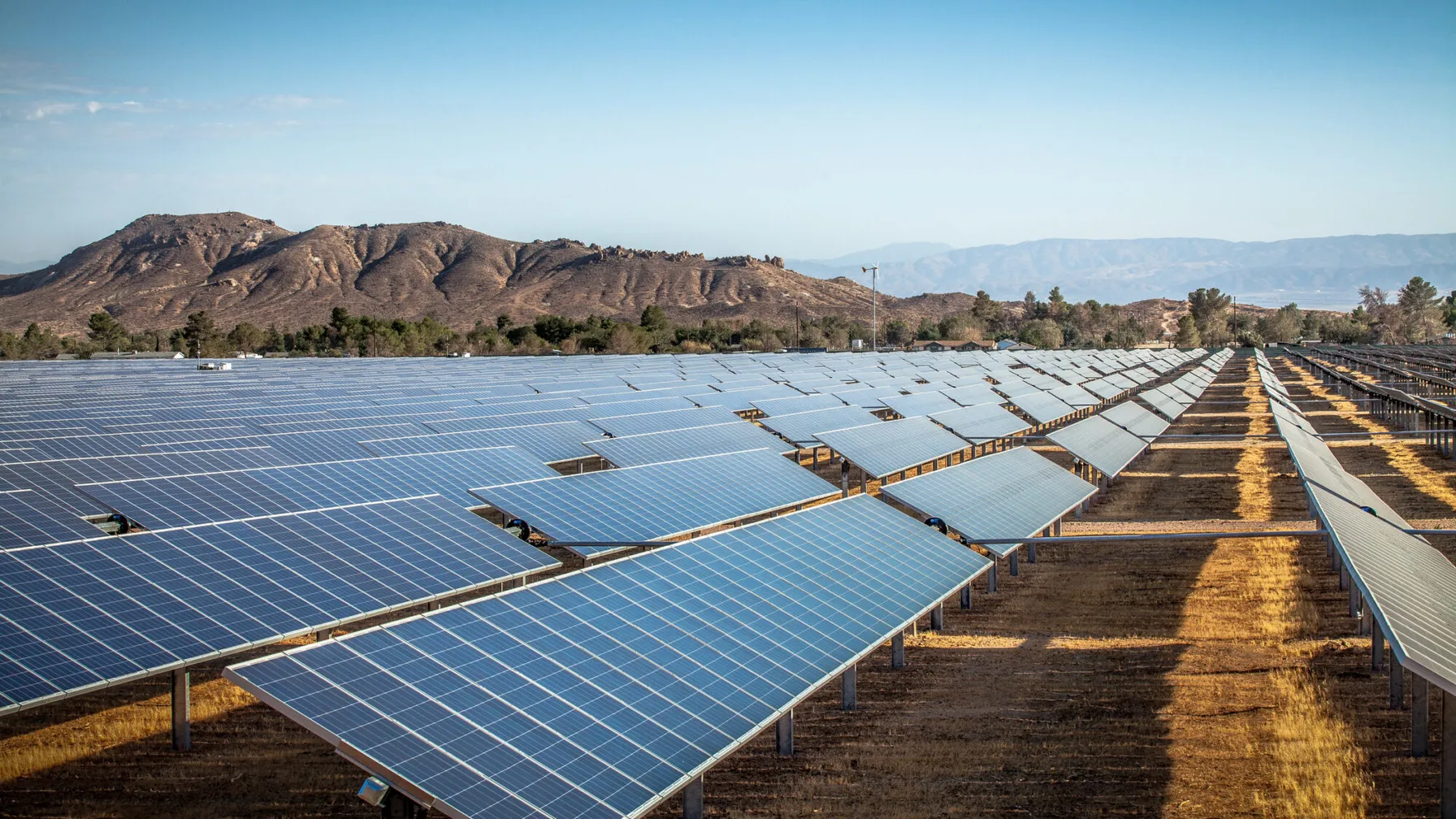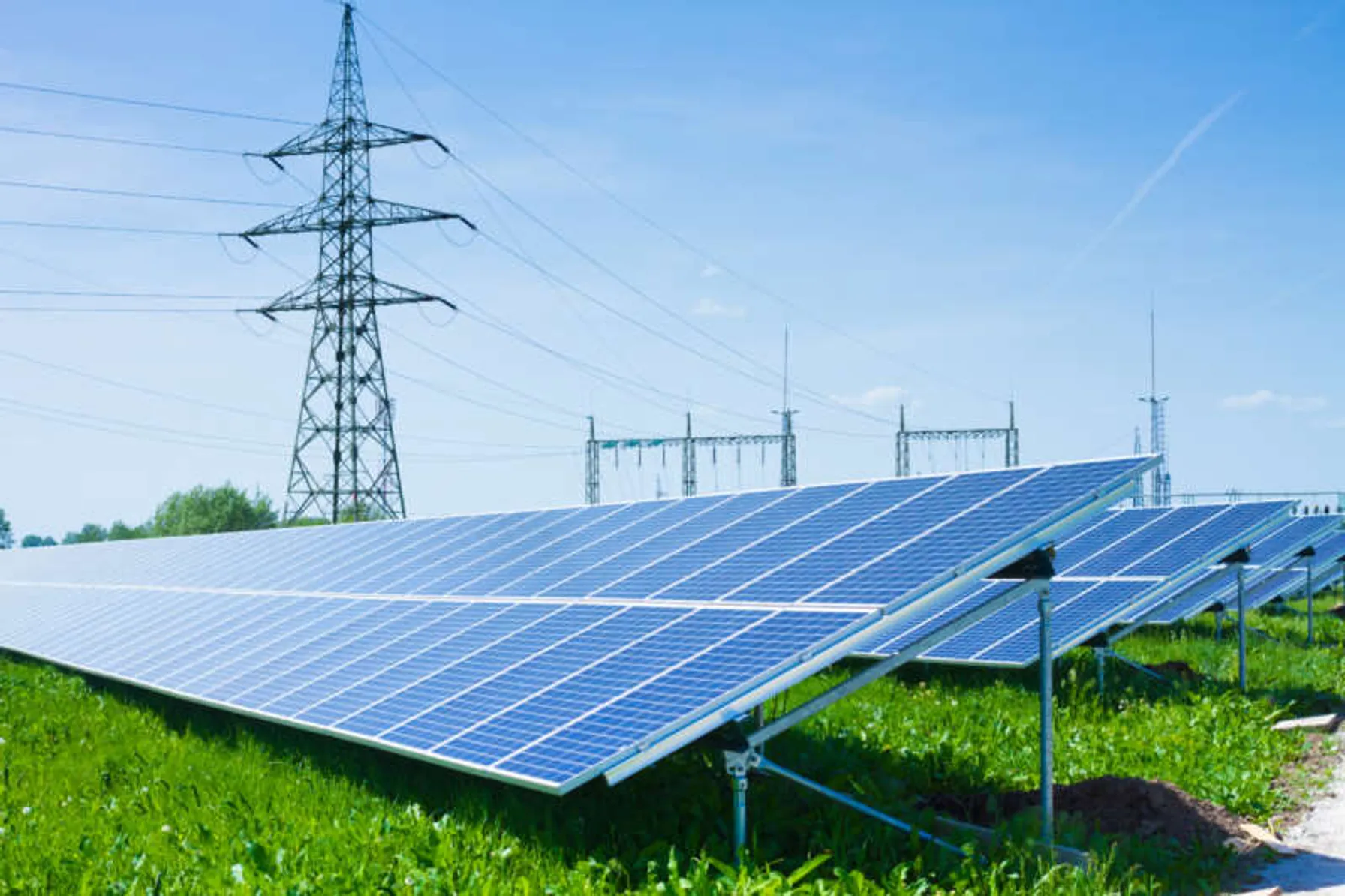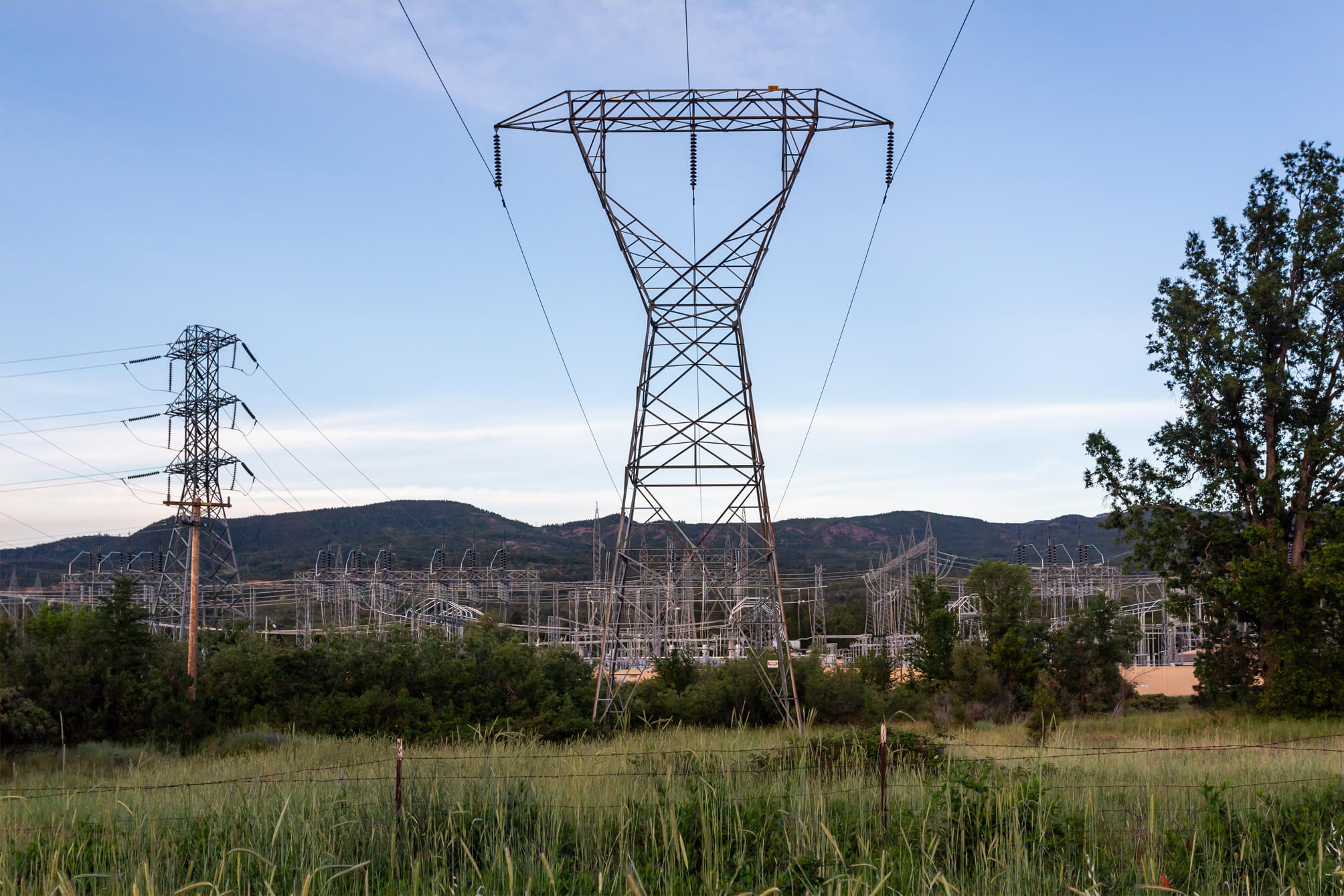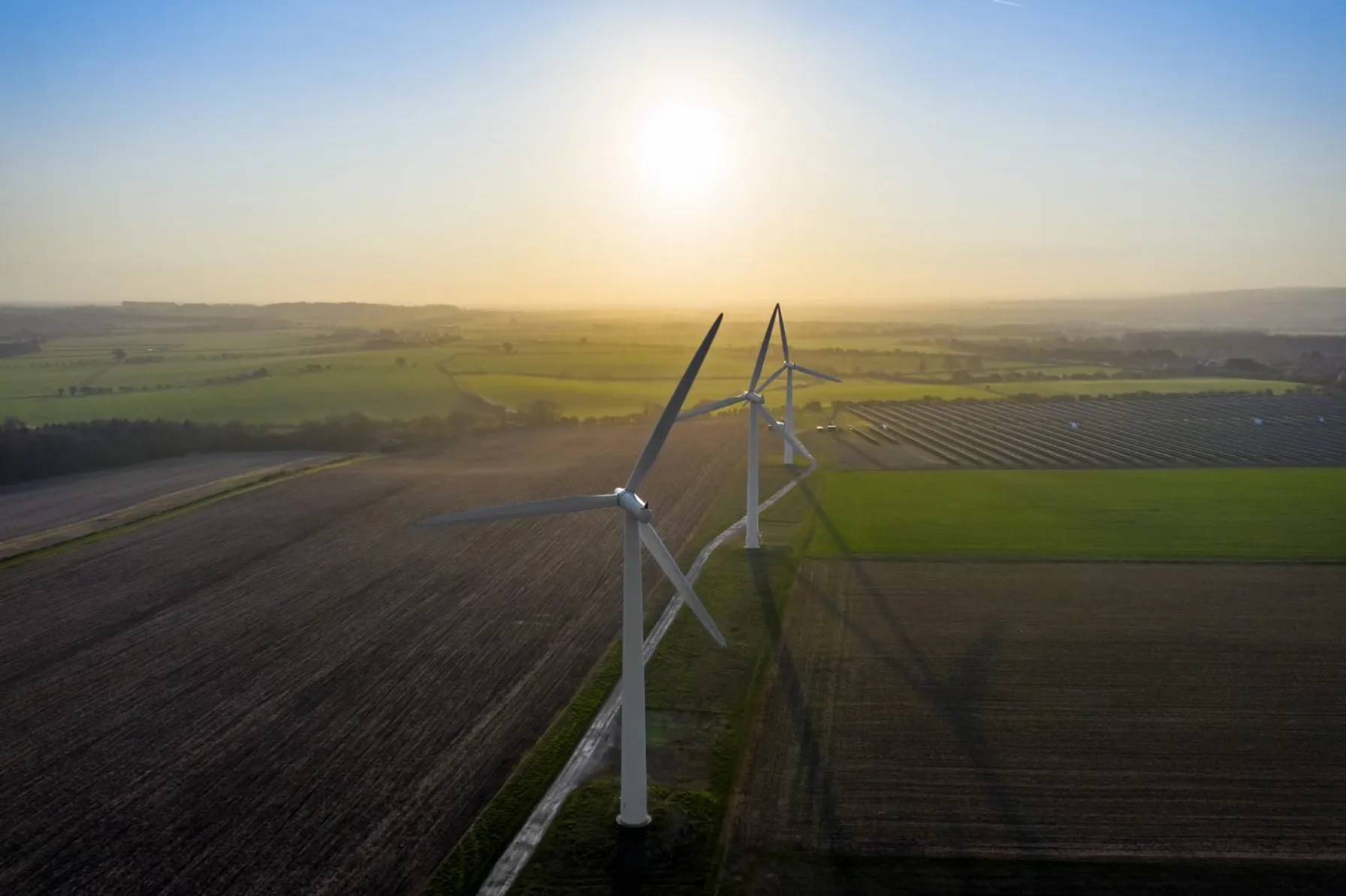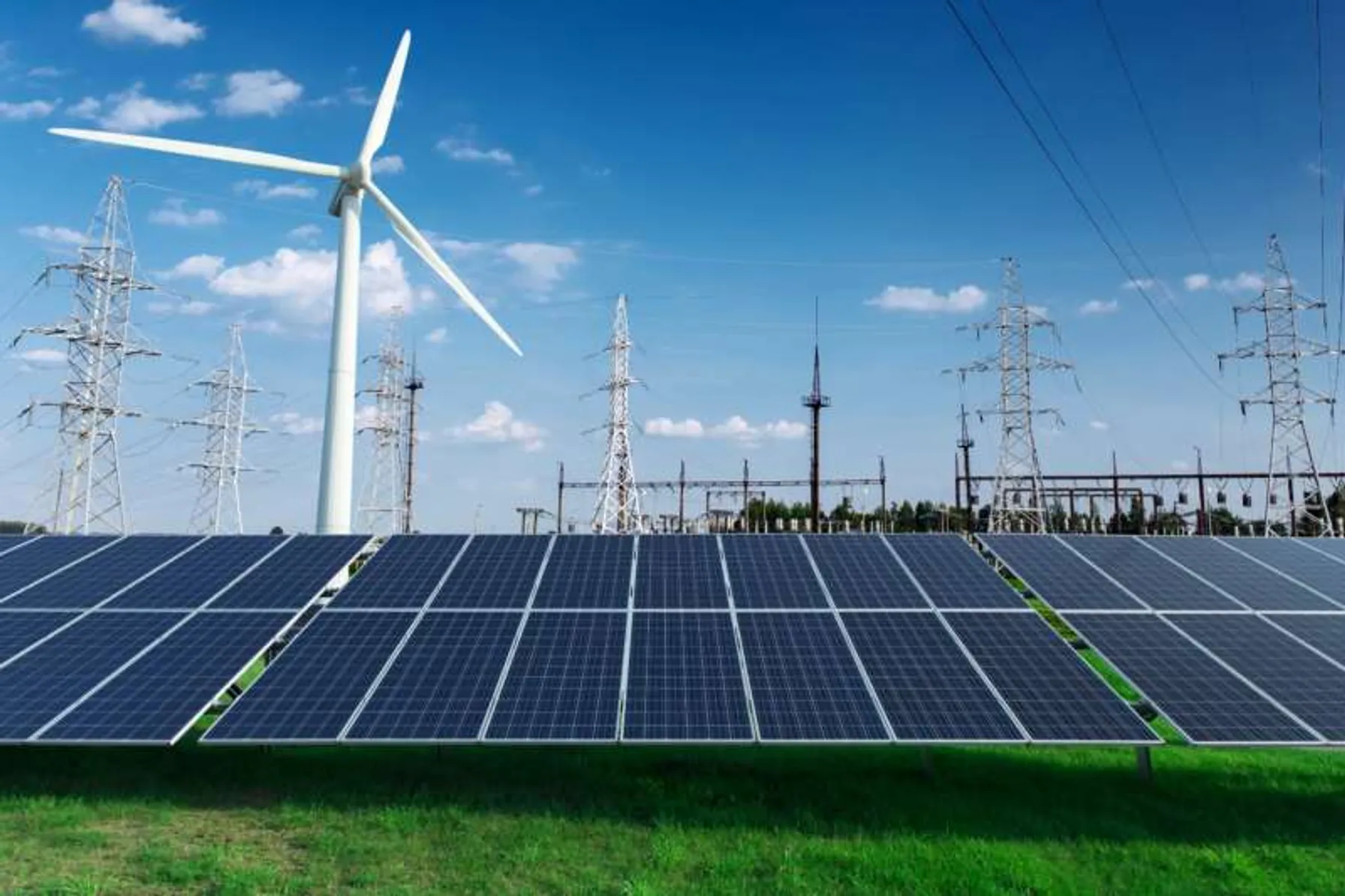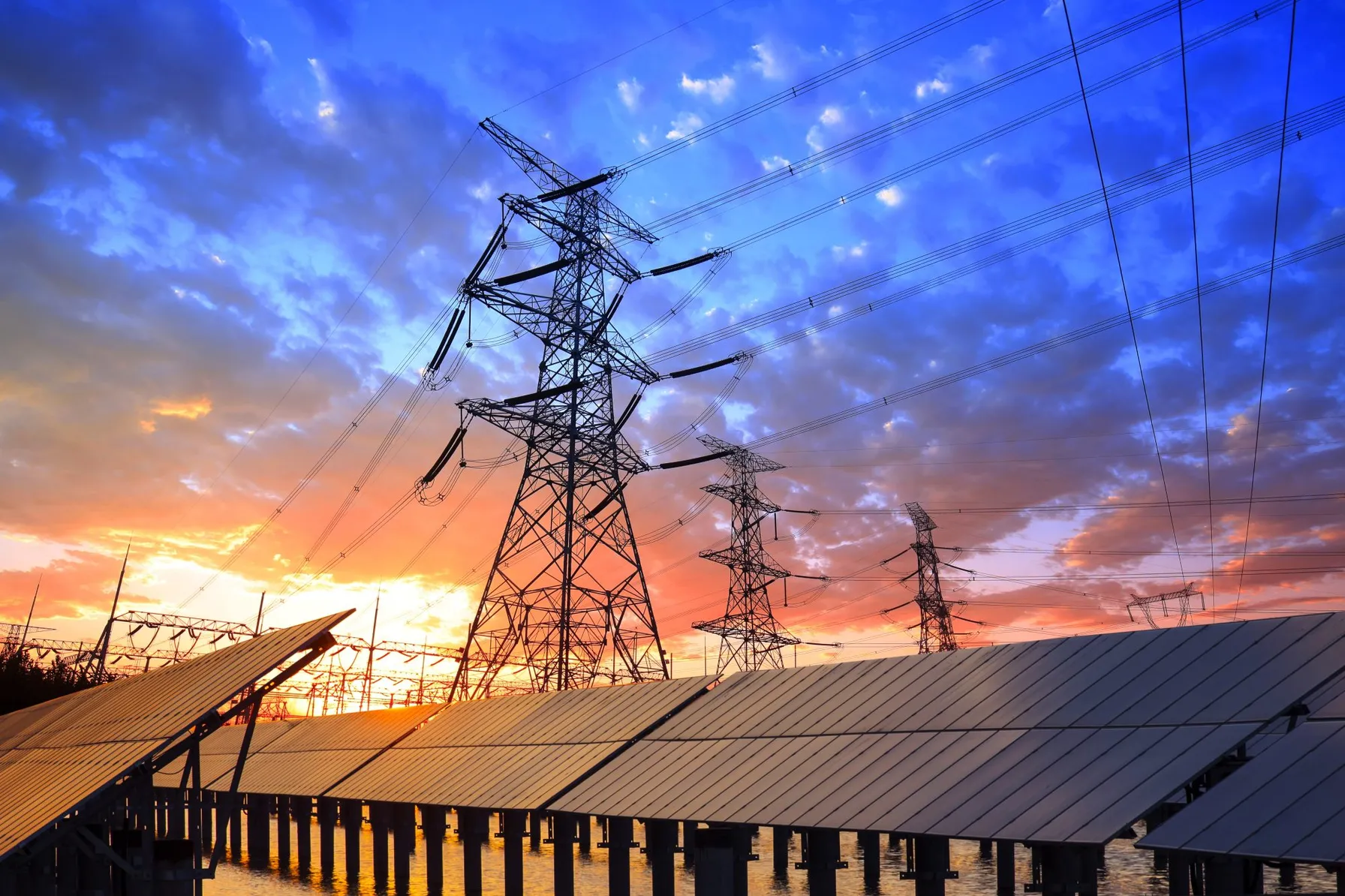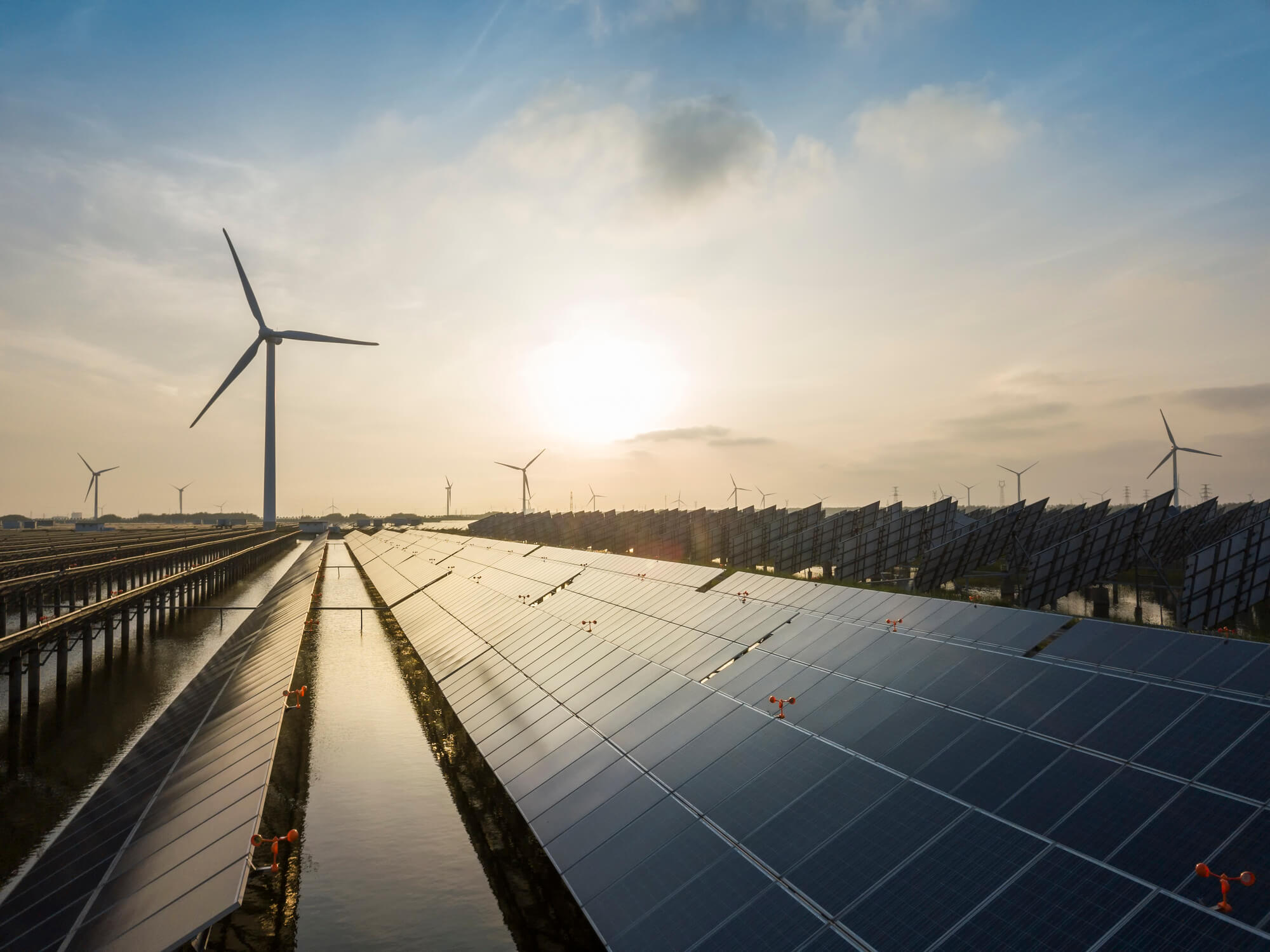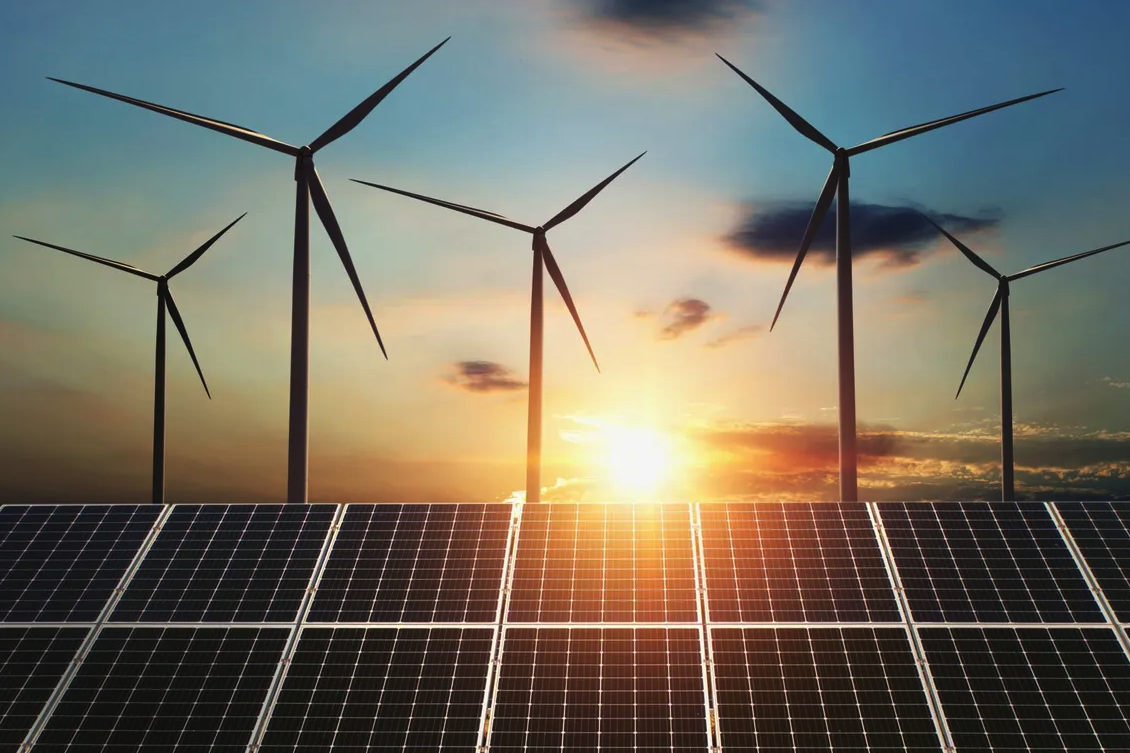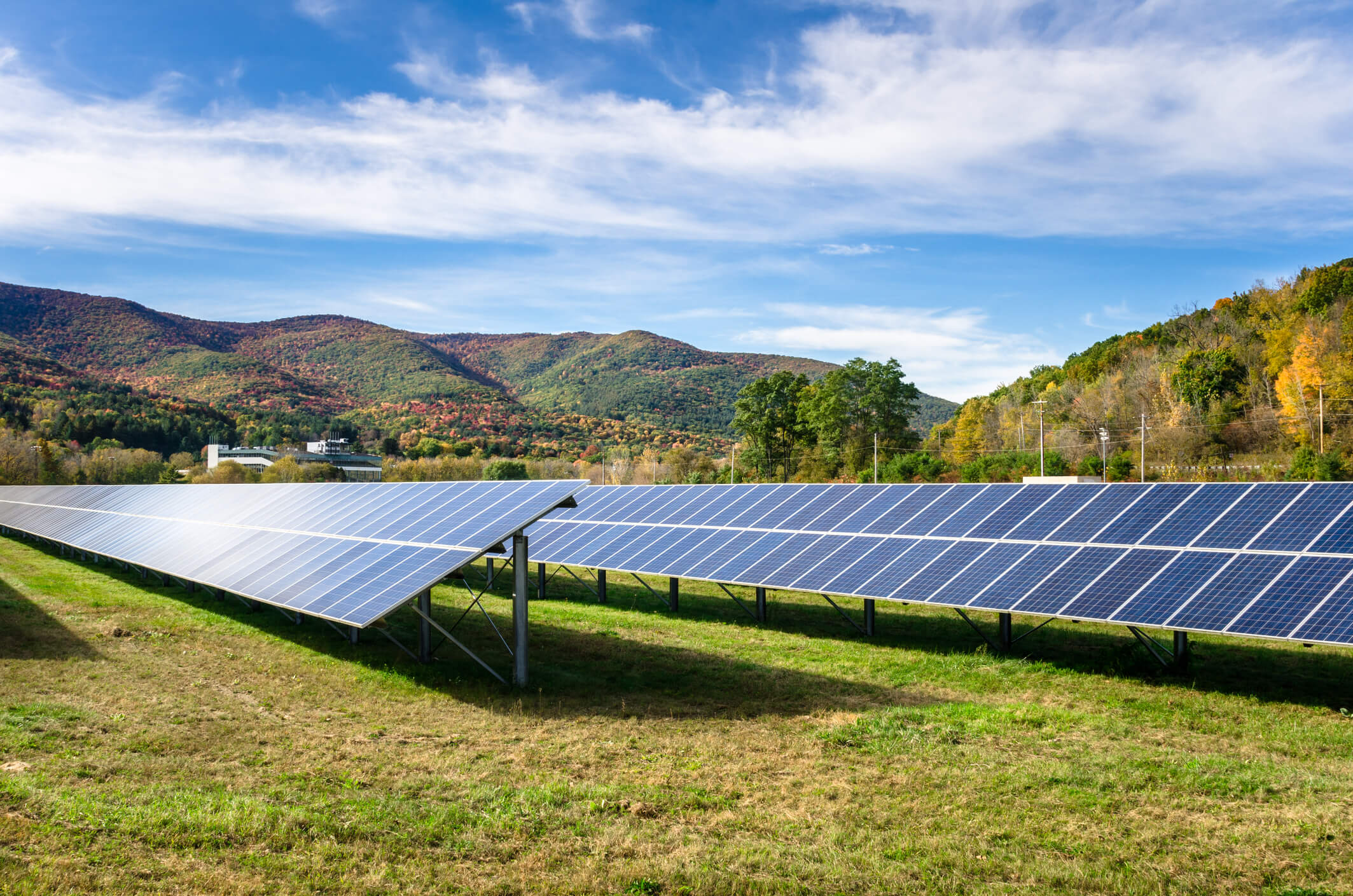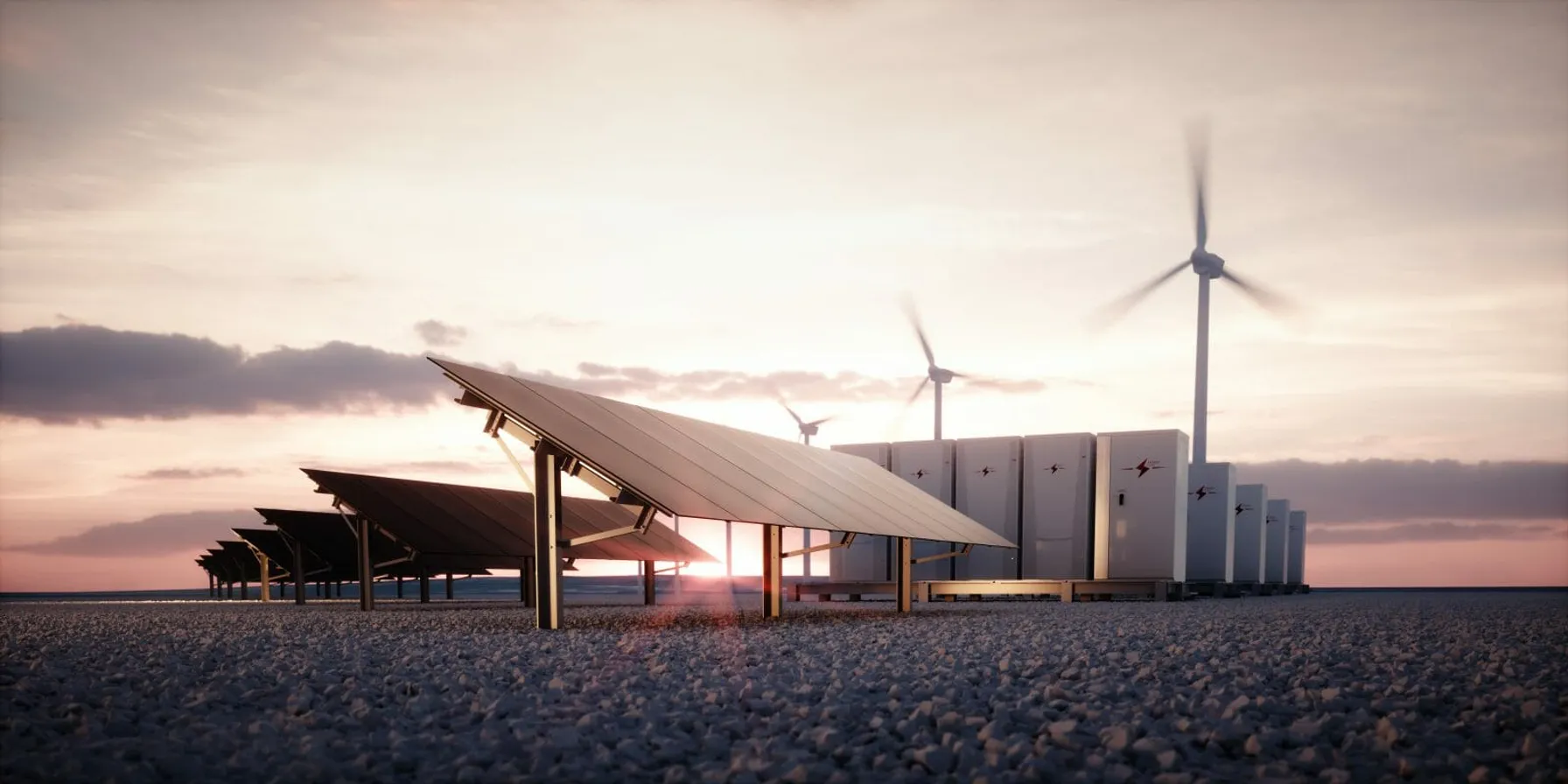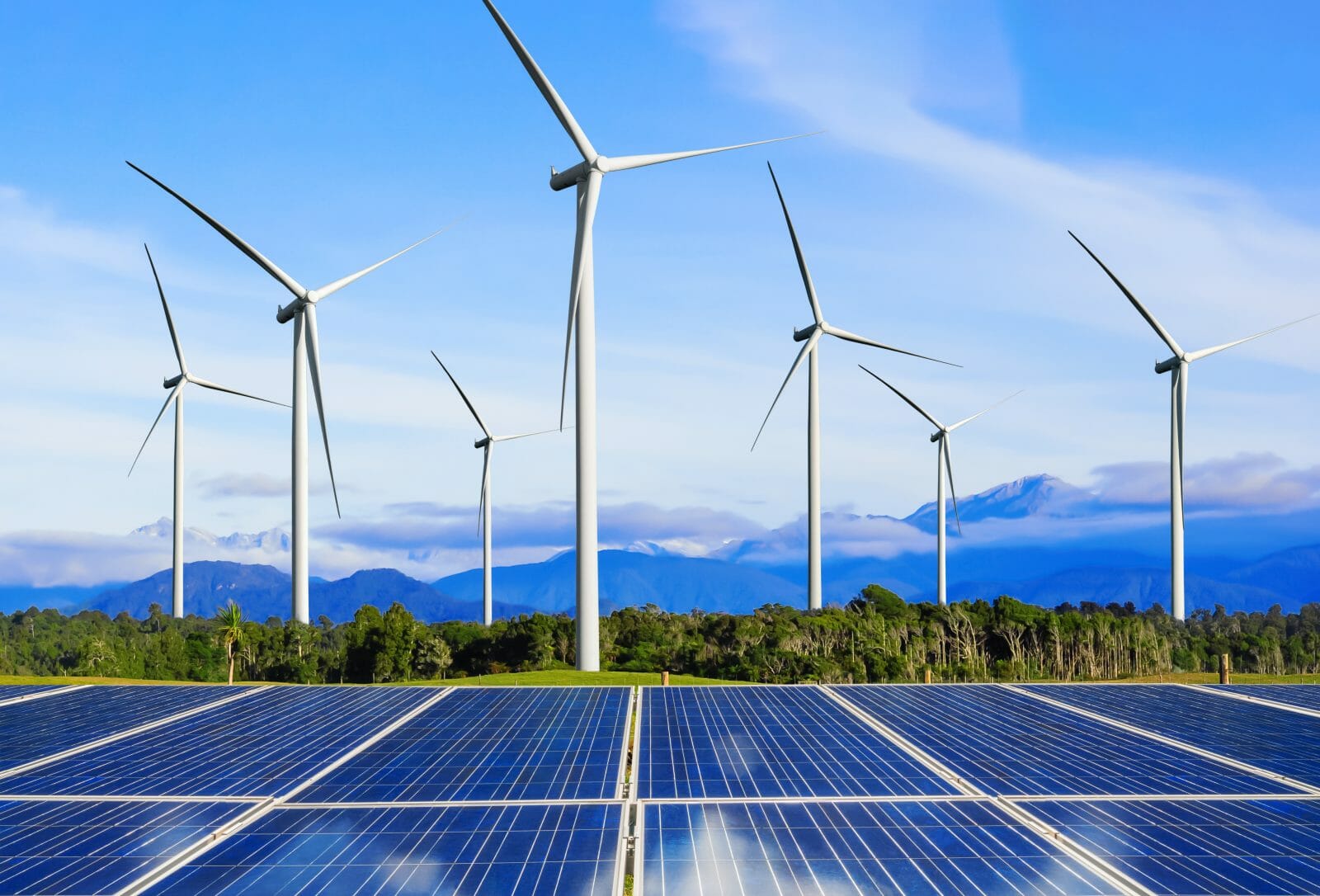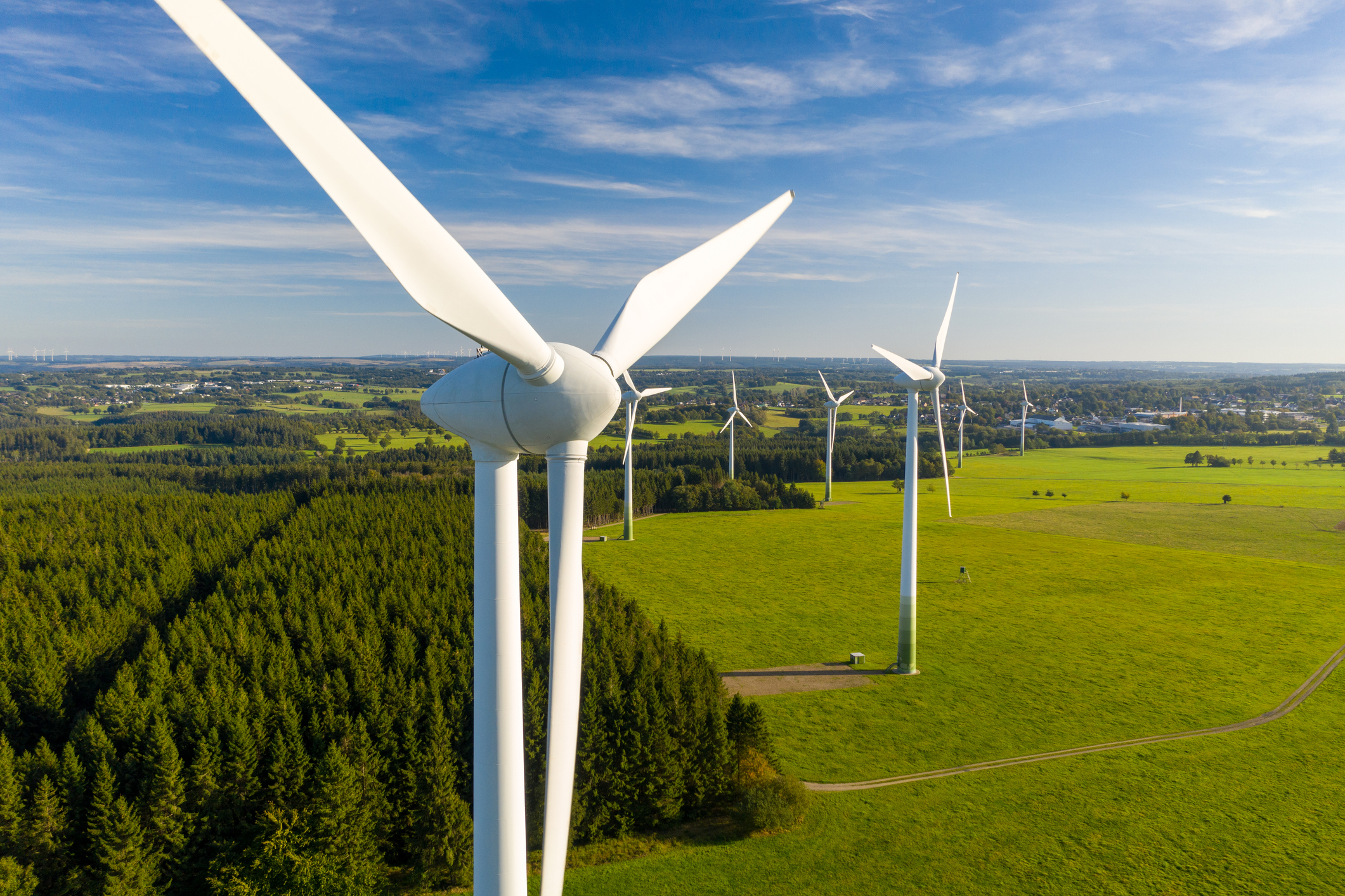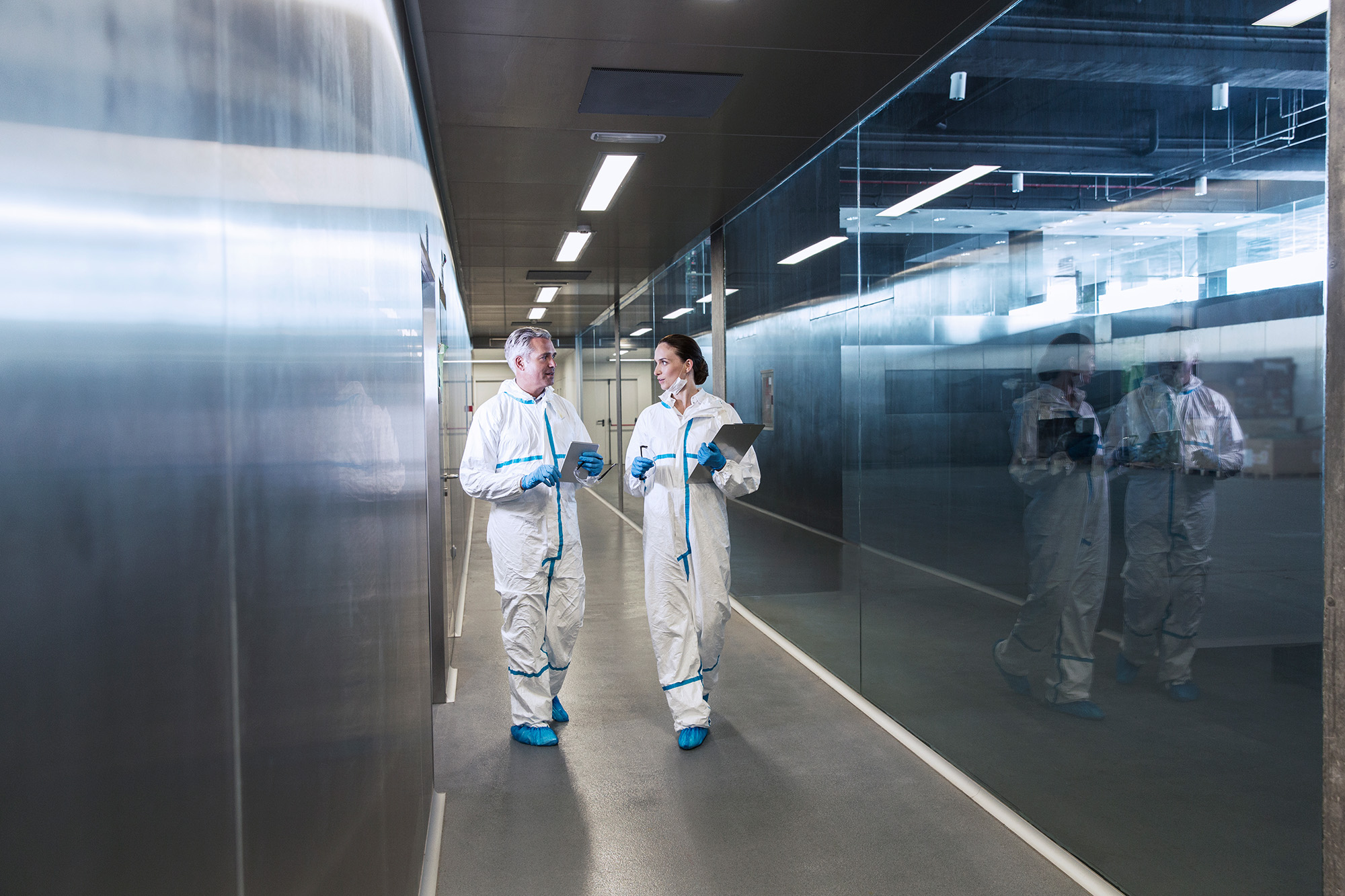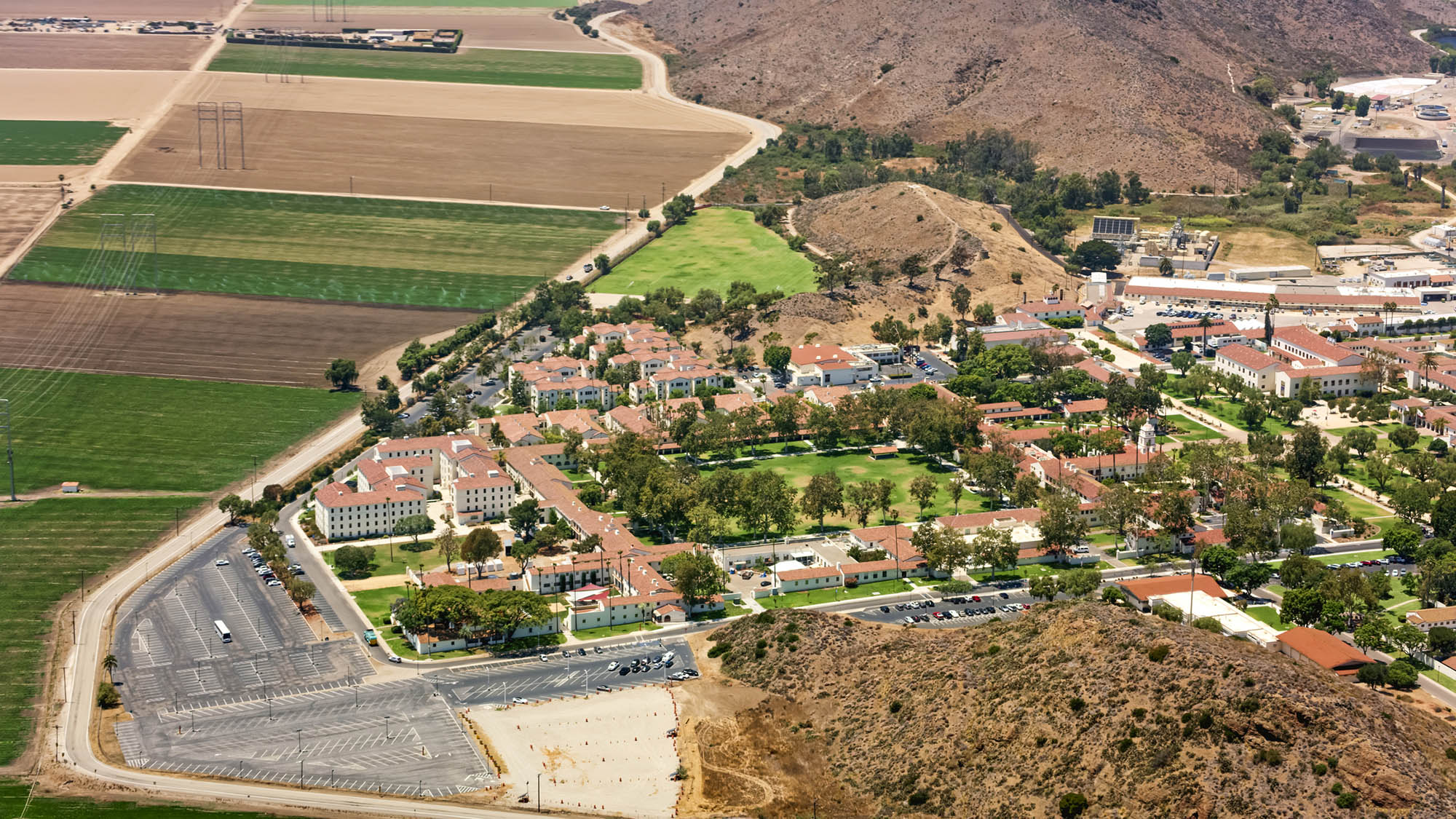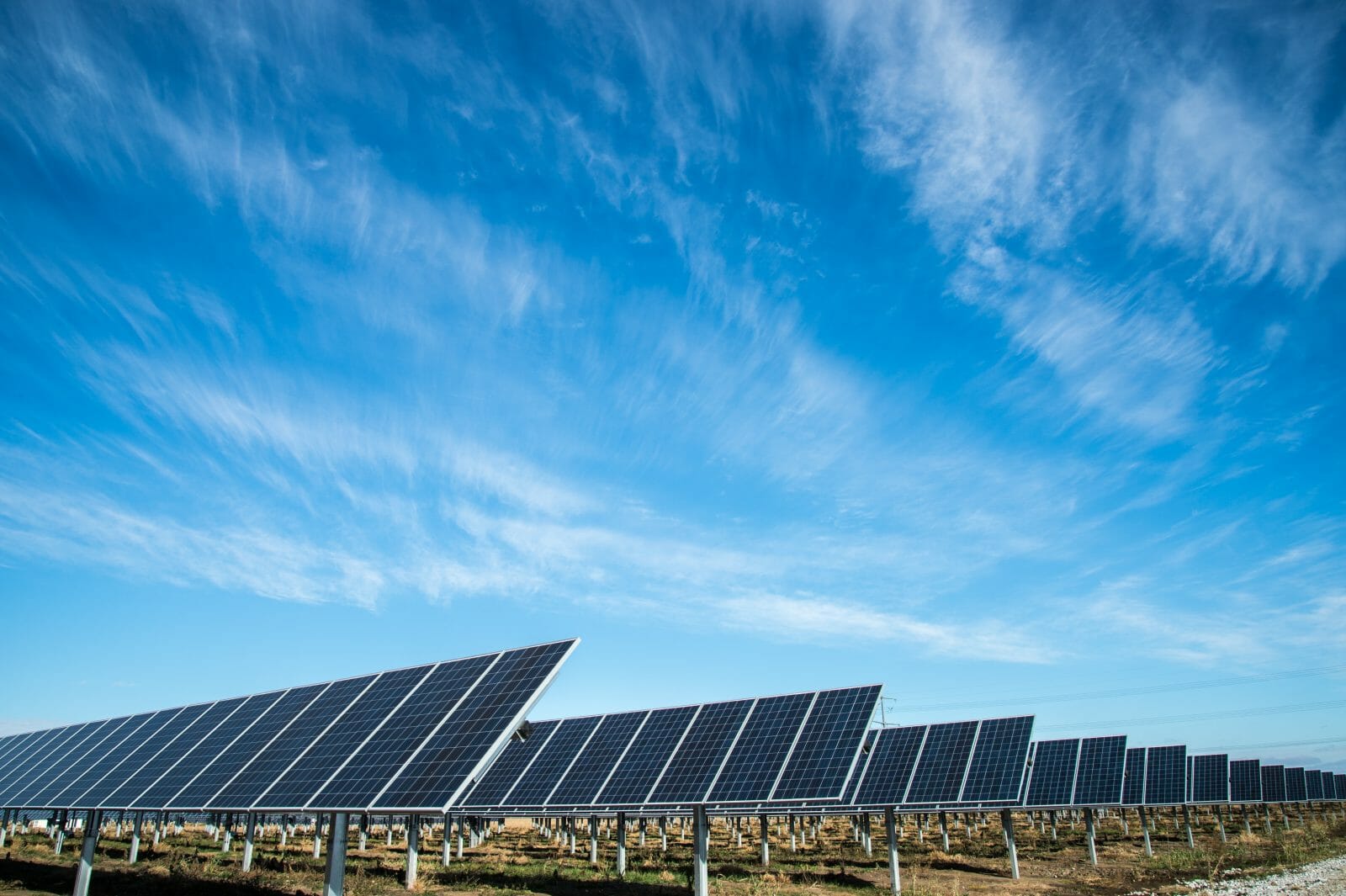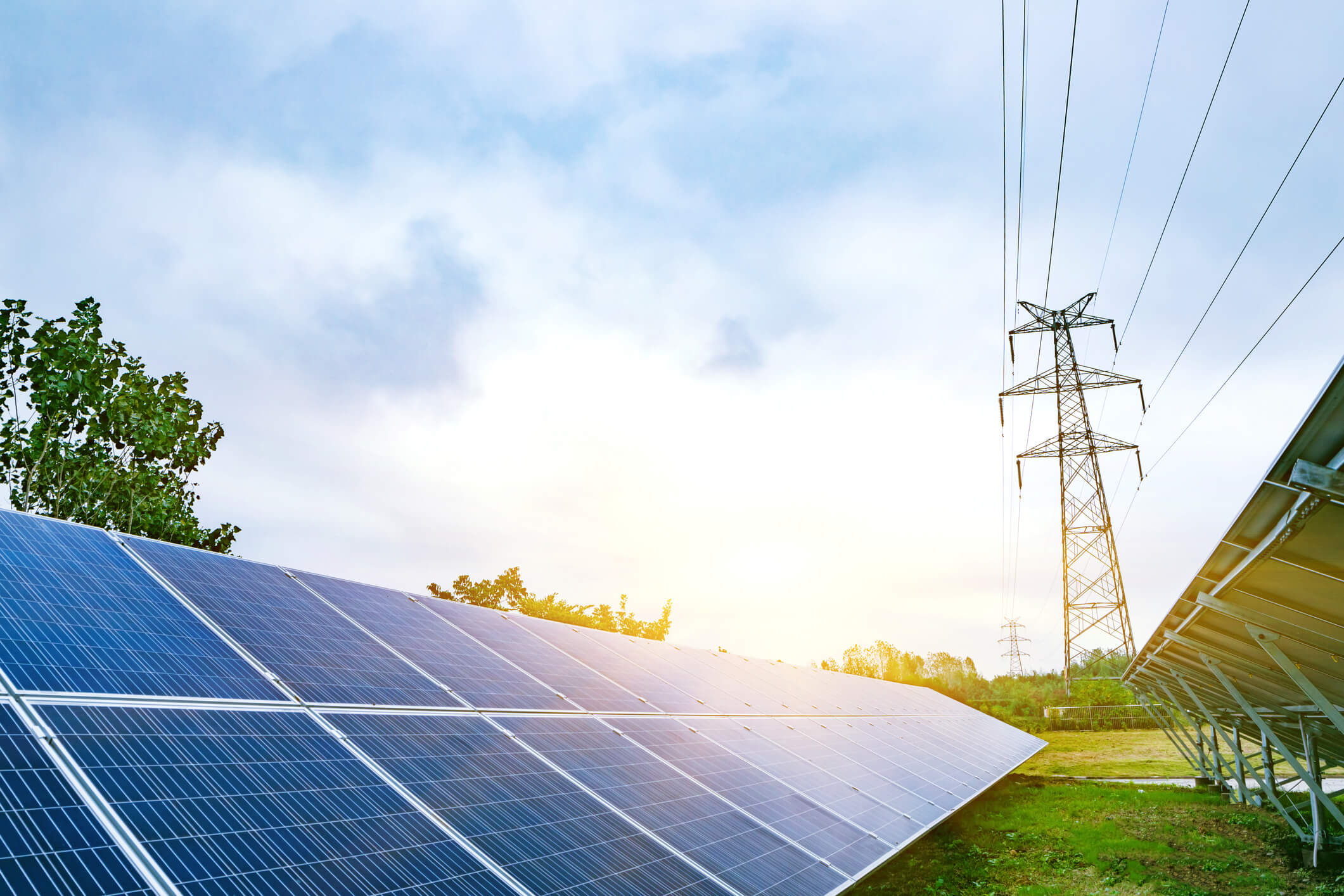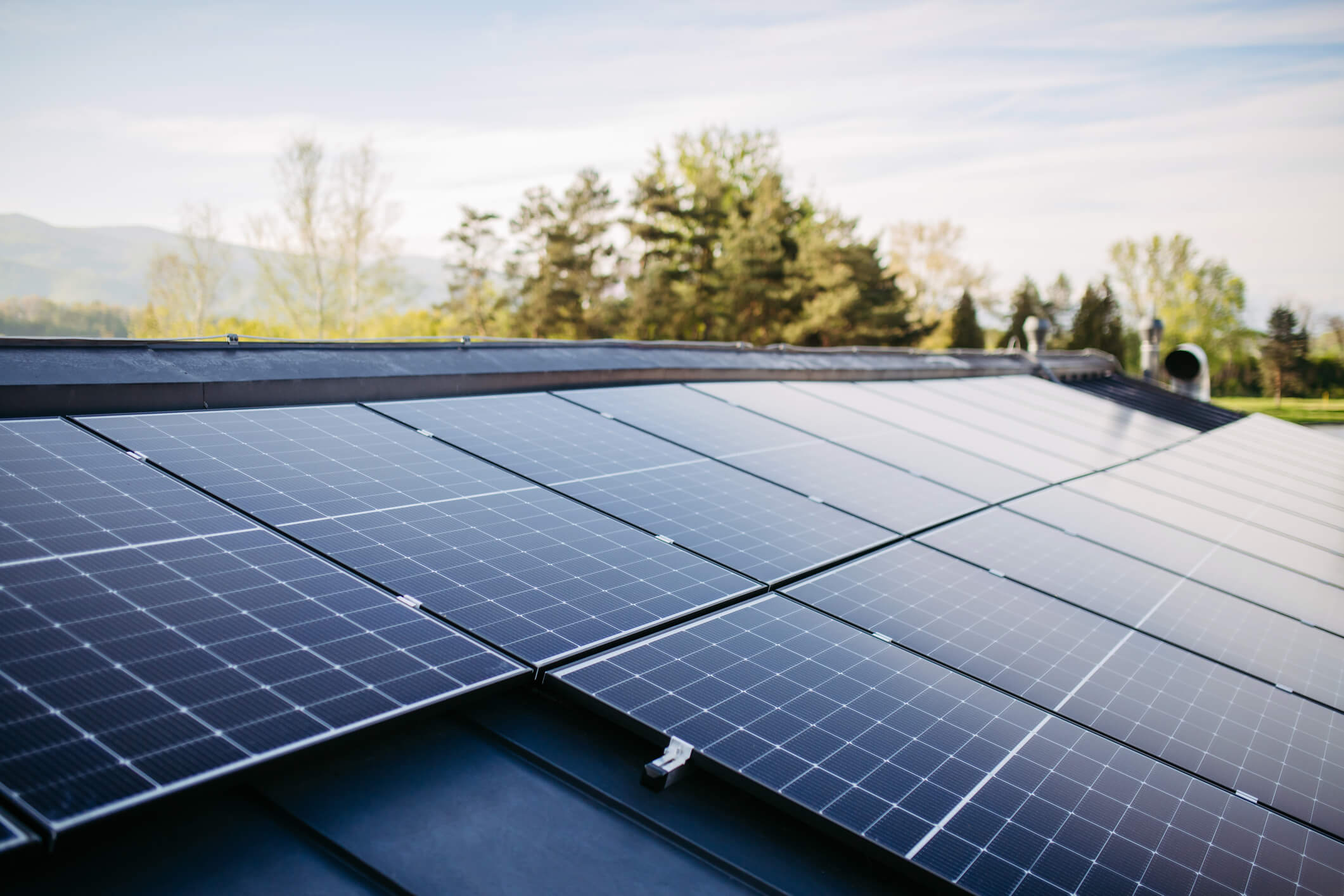LOWELL, MA–(Marketwired – Jan 13, 2016) TRC Companies, Inc., a recognized leader in engineering, environmental consulting and construction management services to the energy, environmental and infrastructure markets, is pleased to have teamed with BQ Energy to develop the PatterSun solar installation, a project that recently received a 2015 Chairman’s Award from The Business Council of New York. The project is a Megawatt-scale solar energy farm constructed on the surface of a capped landfill in Patterson, New York in Putnam County. It’s the first of its kind to be constructed on a municipal solid waste landfill in the state. TRC originally completed the first project of this nature in Massachusetts and now performs similar services throughout the entire country.
“TRC is committed to supporting the development of innovative solutions that encourage clean energy, energy reliability and environmental sustainability, and we’re very proud to have been part of the project team for this venture,” said Chris Vincze, Chairman and Chief Executive Officer. “The PatterSun project is groundbreaking in the way that it allows both the solar farm and the underlying landfill to coexist, creating a dual-purpose facility that will provide continued, tangible benefits to residents of the state.”
To ensure the project came to fruition, TRC led the environmental permitting, engineering design and landfill oversight and worked closely with the New York State Department of Environmental Conservation (NYSDEC) and the New York City Department of Environmental Protection (NYCDEP), to obtain approval to construct solar arrays through two phases of installations on a former municipal solid waste landfill site. To comply with all permitting regulations, the project deployed above-ground ballasted foundations, which prevent contact between the solar farm and the underlying waste material.
Due to the Town of Patterson’s location in the New York City watershed, TRC also developed a Stormwater Pollution Prevention Plan, which was reviewed and approved by NYCDEP, to ensure that the solar design would limit impact to the existing landfill.
The PatterSun landfill solar project contains over 3,000 individual solar panels, and in the first months of production, generated 918 Megawatt-hours of energy. By comparison, the same level of power production would have required 698 tons of CO2, 28 tons of methane and 455,095 gallons of water.
Related Services
The Business Council of New York State, Inc., is the leading business organization in New York State, representing the interests of large and small firms throughout the state. Its membership is made up of thousands of member companies, as well as local chambers of commerce and professional and trade associations. Though 72 percent of their members are small businesses, they also represent some of the largest and most important corporations in the world, including IBM, Verizon, Eastman Kodak, Citigroup, JP Morgan Chase, Corning, Pfizer and many more. All told, Business Council members employ more than 1.2 million New Yorkers. For more information please visit www.bcnys.org or contact at 518.465.7511.
BQ Energy is a worldwide leader in renewable energy projects on brownfields and landfills, and was founded in 2002. They have developed award winning renewable energy projects throughout the US. Solar projects in operation and construction and development on landfills and brownfield in New York State, Connecticut, Massachusetts, and Maryland. They have developed over 100 MW of wind based projects on brownfields in the US and in Europe. BQ Energy projects are featured prominently in publications by the US EPA and various State agencies as well. BQ Energy is based in Poughkeepsie, NY. For more information please visit www.bqenergy.com or contact at 845.473.0300.
A pioneer in groundbreaking scientific and engineering developments since the 1960s, TRC is a national engineering, environmental consulting and construction management firm that provides integrated services to the energy, environmental, infrastructure and pipeline services markets. TRC serves a broad range of commercial, industrial and government clients, implementing complex projects from initial concept to delivery and operation. TRC delivers results that enable clients to achieve success in a complex and changing world. For more information and updates from the Company, visit TRC’s website at www.TRCsolutions.com and follow TRC on Twitter at @TRC_Companies and on LinkedIn.
Embrace The Shift
Partner With TRC’s Tested Practitioners

